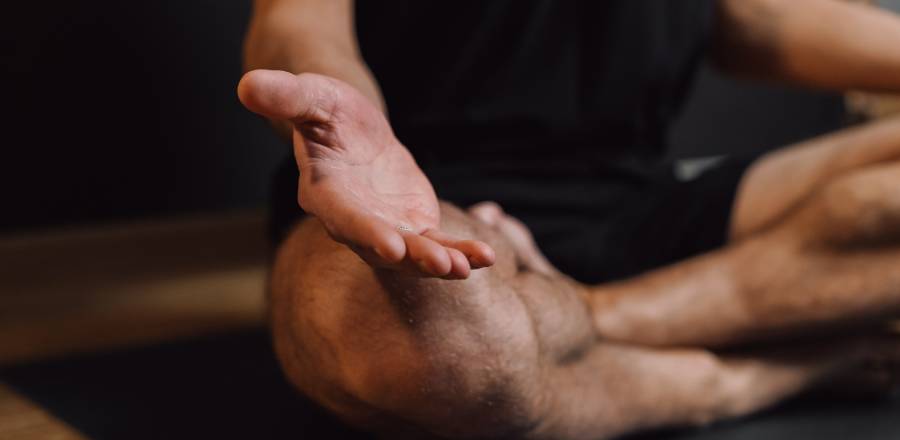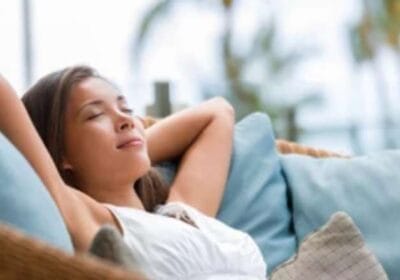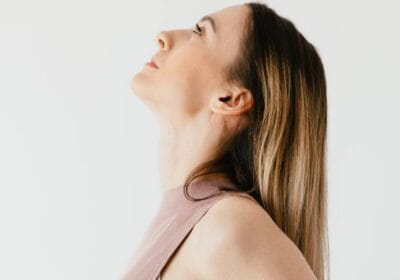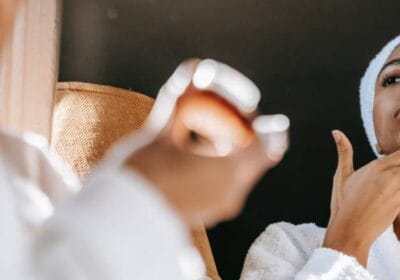Anxiety is a common experience for many people and can often leave us feeling overwhelmed, stressed, and unable to focus. However, there are many techniques and methods that can help to calm the mind and alleviate anxiety. In this article, we will explore some of these techniques and provide you with helpful tips for relaxing your mind and easing anxiety.
Table of Contents
Deep Breathing
One of the most effective ways to calm the mind and reduce anxiety is through deep breathing. Deep breathing exercises can help to slow down your heart rate, relax your muscles, and quiet your mind. To practice deep breathing, find a quiet and comfortable space to sit or lie down. Close your eyes and inhale slowly through your nose, filling your lungs with air. Hold your breath for a few seconds, then exhale slowly through your mouth, letting all the air out. Repeat this process several times, focusing on your breath and letting go of any anxious thoughts or feelings.
Meditation
Meditation is a powerful tool for reducing anxiety and promoting relaxation. It involves focusing your mind on a specific object, sound, or mantra, and letting go of any distracting thoughts or feelings. There are many different types of meditation, including mindfulness meditation, loving-kindness meditation, and body scan meditation. To start meditating, find a quiet and comfortable space where you won’t be disturbed. Sit or lie down and focus on your breath or another object of your choice. If your mind wanders, gently bring it back to your breath or object and continue to practice for a few minutes each day.
Yoga
Yoga is a physical and mental practice that can help to reduce anxiety and promote relaxation. It involves a series of postures, breathing exercises, and meditation techniques that can help to calm the mind and relax the body. Some yoga poses that are particularly effective for reducing anxiety include child’s pose, downward-facing dog, and standing forward bend. To practice yoga, find a quiet and comfortable space and choose a sequence of poses that feel good for your body. Focus on your breath and let go of any anxious thoughts or feelings.
Exercise
Regular exercise is an excellent way to reduce anxiety and promote relaxation. Exercise releases endorphins, which are natural mood-boosting chemicals that can help to reduce stress and anxiety. It also helps to reduce muscle tension and promote relaxation. Some good types of exercise for reducing anxiety include jogging, cycling, swimming, and dancing. Try to exercise for at least 30 minutes each day, and focus on activities that you enjoy and that feel good for your body.
Progressive Muscle Relaxation
Progressive muscle relaxation is a technique that involves tensing and then relaxing each muscle group in your body. It can help to reduce muscle tension and promote relaxation, which can in turn help to alleviate anxiety. To practice progressive muscle relaxation, find a quiet and comfortable space to lie down. Close your eyes and focus on your breath. Starting at your toes, tense your muscles for a few seconds, then release the tension and relax your muscles. Move up your body, tensing and relaxing each muscle group, until you reach your head and neck.
Visualization
Visualization is a technique that involves imagining a peaceful or calming scene in your mind. It can help to reduce anxiety and promote relaxation by focusing your mind on something positive and soothing. To practice visualization, find a quiet and comfortable space to sit or lie down. Close your eyes and imagine a peaceful scene, such as a beach or a forest. Imagine yourself in this scene, feeling calm and relaxed. Focus on the details of the scene and let go of any anxious thoughts or feelings.
Aromatherapy
Aromatherapy is the use of essential oils to promote relaxation and reduce anxiety. Essential oils are highly concentrated plant extracts that can be used in a variety of ways, including diffusing them into the air, applying them topically, or adding them to a bath. Some essential oils that are particularly effective for reducing anxiety include lavender, chamomile, and bergamot. To use aromatherapy, choose an essential oil that you enjoy and use a diffuser to release the scent into the air. Alternatively, you can add a few drops of the essential oil to a warm bath or mix it with a carrier oil, such as coconut or jojoba oil, and apply it to your skin.
Journaling
Journaling is a technique that involves writing down your thoughts and feelings. It can help to reduce anxiety and promote relaxation by allowing you to express your emotions and work through any troubling thoughts or feelings. To practice journaling, find a quiet and comfortable space to sit down with a pen and paper. Write down any thoughts or feelings that come to mind, without worrying about grammar or spelling. You can also try writing down things that you’re grateful for or affirmations that promote positivity and self-love.
Mindful Eating
Mindful eating is a technique that involves paying attention to the experience of eating, without distractions or judgment. It can help to reduce anxiety and promote relaxation by allowing you to focus on the present moment and enjoy your food. To practice mindful eating, choose a quiet and comfortable space to eat your meal. Take a few deep breaths before you begin and focus on the smells, tastes, and textures of the food. Chew slowly and savor each bite, and avoid distractions such as TV or your phone.
Social Support
Social support is an important factor in reducing anxiety and promoting relaxation. Talking to a trusted friend or family member can help to relieve stress and anxiety by providing a sense of connection and support. You can also consider joining a support group or seeking professional help from a therapist or counselor.
In conclusion, there are many techniques and methods that can help to relax your mind from anxiety. Deep breathing, meditation, yoga, exercise, progressive muscle relaxation, visualization, aromatherapy, journaling, mindful eating, and social support are all effective ways to reduce anxiety and promote relaxation. By incorporating these techniques into your daily routine, you can develop a more peaceful and relaxed mindset, and find greater balance and harmony in your life. Remember, it’s important to prioritize your mental health and wellbeing, and to seek help if you need it.





